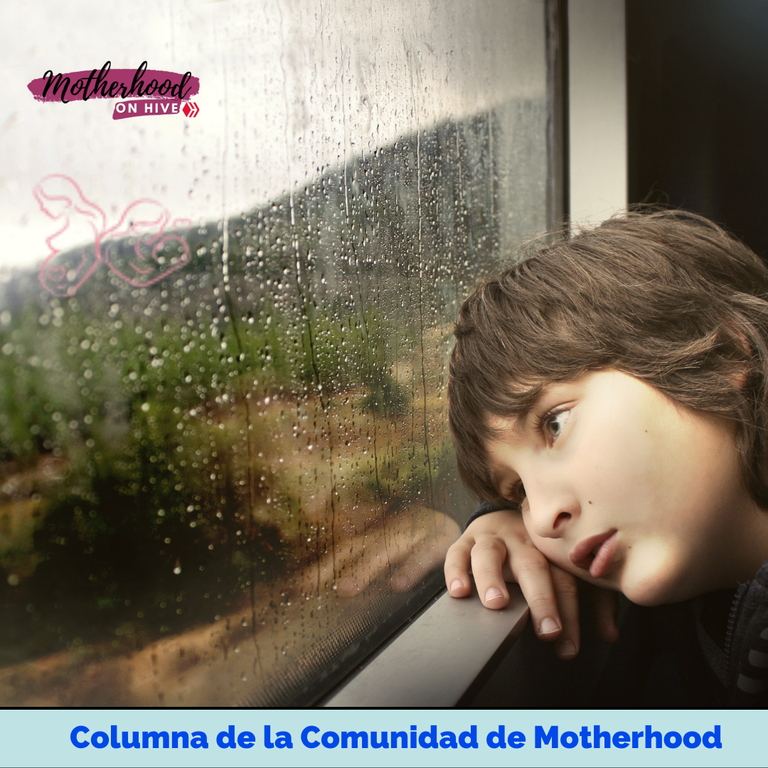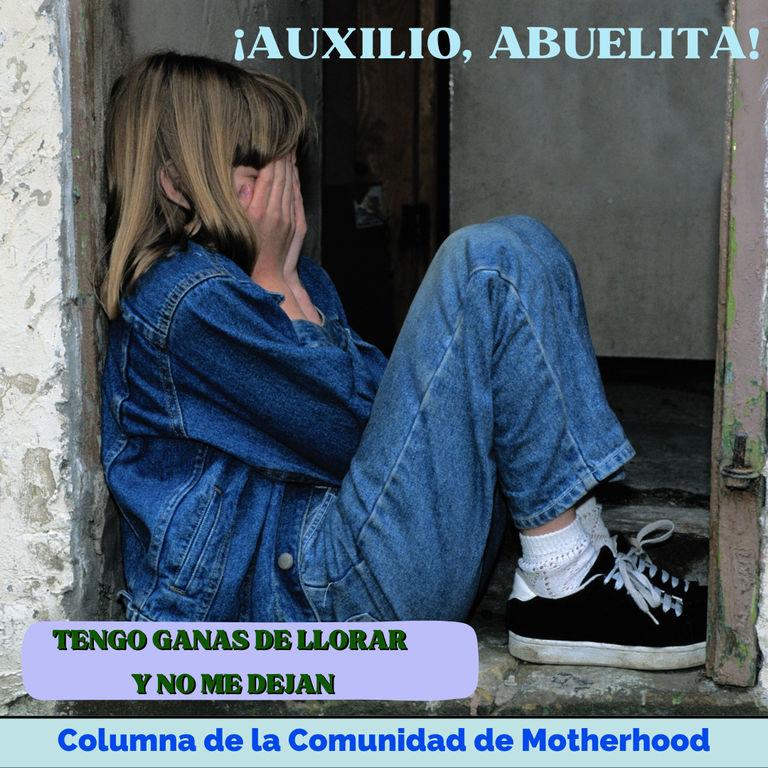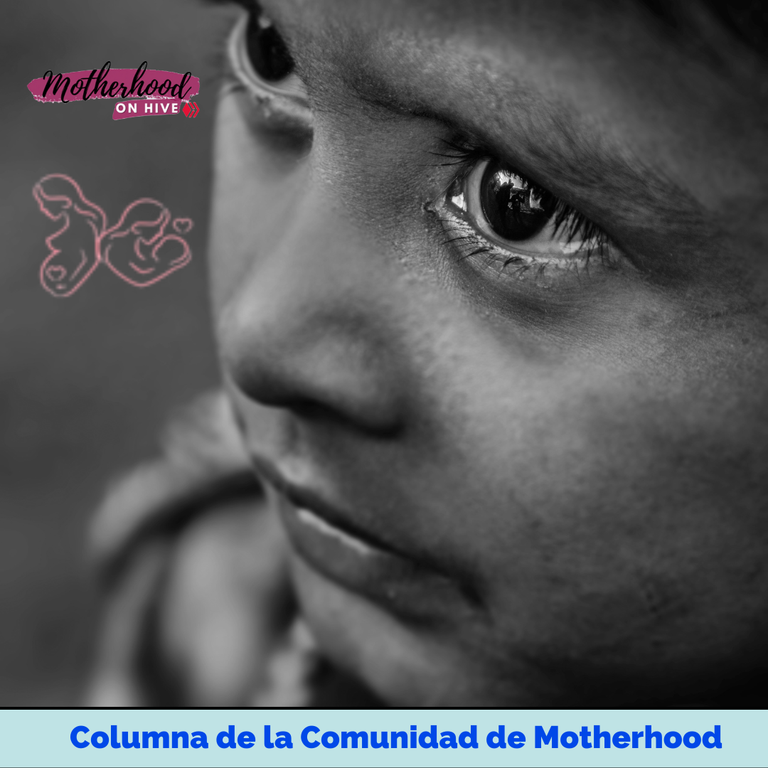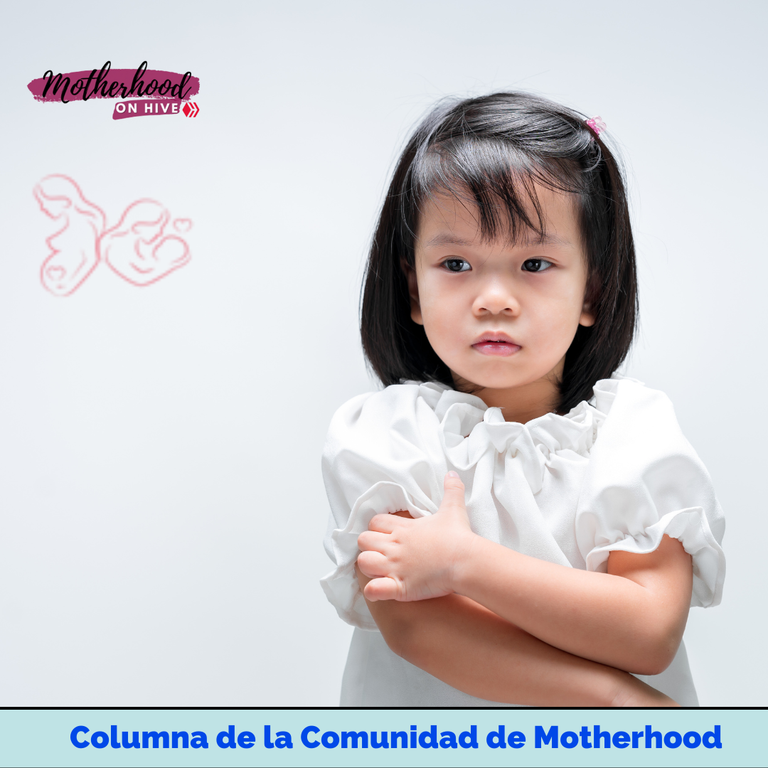
“Llorar es hacer menos profundo el duelo.”
(William Shakespeare)
Columna Semanal de la Abuelita
Hola, amigos, esta semana trataremos el tema del duelo en los niños por la pérdida o ausencia de los seres queridos y amigos. Sobre todo, la importancia en su desarrollo psicológico y en el cuidado de su salud mental.
“El dolor compartido es dolor disminuido”.
(Rabbi Grollman)

¡Auxilio, abuelita!… Tengo ganas de llorar pero Papi y Mami no me dejan
Todavía en la actualidad hay muchos tabúes sobre la muerte, el divorcio y otras ausencias de los seres queridos, mascotas y amigos. En cuanto a los niños, es necesario que aprendan a enfrentar sus miedos por los motivos antes mencionados y además expresen lo que sienten. Si tienen que llorar, que lloren. Los niños también tienen emociones que no deben ser reprimidas porque pueden enfermar y ocasionar un daño psicológico.
Por otro lado, llegarán a adultos con traumas y miedos que no fueron bien canalizados, lo cual impedirán que puedan conectarse con el resto de las personas, impidiendo tener relaciones de pareja estables y con su entorno. Sobre todo, no sean capaces de enfrentar la muerte y las separaciones. Si los padres se divorcian, si fallece un ser querido o se aleja por algún motivo, a los niños hay que dejarlos llorar y pasar su duelo.
Es muy difícil para un adulto aceptar lo que pasa, la soledad que envuelve la pérdida de un ser querido. OMG, imagínese la mente de un niño. Creo que es un error, andar con rodeos. Hay que hablarles y explicarles la situación de manera que entiendan, sobre la vida y la muerte, y la necesidad de la separación de los padres. Y dejar que drenen la situación que les causa dolor y que lloren. Se debe evitar decir:
—Es malo llorar—.
Llorar no está mal, lo que está muy mal es criar un ser humano sin sentimientos, miedosos, incapaces de expresar sus emociones, con falta de empatía por el resto del mundo. Según la página www.healthychildren.org , en un artículo publicado por David J. Schonfeld, MD, FAAP y Arwa Nasir, MBBS, MSc, MPH, FAAP y titulado: “El duelo y la pérdida en la infancia: cómo ayudar a su hijo a sobrellevar la situación”, expresan lo siguiente:
El duelo es el dolor que experimentamos tras perder algo o a alguien querido. Aunque las personas sufren muchos tipos de pérdidas o separaciones, el duelo suele relacionarse con el dolor que sigue a la muerte de alguien cercano…” Para más información visite aquí
Sin embargo, hay muchas otras situaciones que pueden causar dolor, tristeza y ganas de llorar a los niños, además del duelo por la muerte o el divorcio; como lo son: pérdida de una mascota, bajas calificaciones, cometer un error, mudanzas, entre otros. Padres de #Motherhood, hay que aprender a ver los síntomas o cualquier señal de alerta de que algo sucede. Generalmente, esto causa falta de apetito y sueño, fiebres, sonambulismos, ansiedad y otros, inclusive llegar al suicidio.
" Las lágrimas son el lenguaje silencioso del dolor. “
( Voltaire)


Cada niño o adolescente, como cualquier ser individuo, vive su propio duelo y el tiempo no está establecido. El apoyo de la familia, comprensión y el amor será lo que pueda minimizar y apaciguar las pérdidas y el duelo. Lo importante es hablar con claridad para que ellos entiendan y estén pendientes de cualquier cambio en sus rutinas.
Les dejo algunos consejitos adicionales:
• Presta atención a sus necesidades de sentirse acompañado y realiza actividades donde toda la familia participe.
• Hay que dejar que expresen sus emociones.
• Sí es necesario, consulte a los especialistas y busque grupos de ayuda.
“El duelo no te hace imperfecto. Te hace humano.“
(Sarah Dessen)


El ser humano no ha logrado entender el significado de la muerte, y, por lo tanto, no lo acepta. A nivel cultural se ha hecho demasiado difícil saber que no volveremos a ver a alguien que amamos y es parte de nuestra vida, cuando las personas entiendan que la muerte es lo más natural y seguro que tenemos y que hay que cuando ocurra hay que darle rienda suelta a las emociones, entonces tendremos menos adultos inseguros.
En un niño, es mucho más complicado sobrellevar el duelo. Es por esta razón, que hay que explicarles su significado, y enseñarlos a vivir con esta ausencia. Sobre todo darle mucho amor y abrazarlos.
Gracias por visitar la columna ¡Auxilio, abuelita!, hasta la próxima semana. Los quiero.
Namasté
“No sabes lo fuerte que eres hasta que ser fuerte es la única opción que tienes. “
(Bob Marley)

(En)
To mourn is to make the mourning shallower."
(William Shakespeare)
Grandma's Weekly Column
Hello, friends, this week we will discuss the topic of grief in children for the loss or absence of loved ones and friends. Above all, the importance in their psychological development and in the care of their mental health.
"Pain shared is pain diminished."
(Rabbi Grollman)

Help, Grandma!... I feel like crying but Daddy and Mommy won't let me
There are still many taboos about death, divorce and other absences of loved ones, pets and friends. As for children, they need to learn to face their fears for the reasons mentioned above and also express what they feel. If they have to cry, let them cry. Children also have emotions that should not be repressed because they can make them sick and cause psychological damage.
On the other hand, they will become adults with traumas and fears that were not well channeled, which will prevent them from being able to connect with the rest of the people, preventing them from having stable relationships as a couple and with their environment. Above all, they will not be able to face death and separations. If parents divorce, if a loved one dies or moves away for any reason, children should be left to mourn and grieve.
It is very difficult for an adult to accept what is happening, the loneliness that surrounds the loss of a loved one. OMG, imagine the mind of a child. I think it is a mistake, to beat around the bush. You have to talk to them and explain the situation in a way they understand, about life and death, and the necessity of separation from parents. And let them drain the situation that causes them pain and let them cry. Avoid saying:
-It is bad to cry-.
Crying is not wrong, what is very wrong is to raise a human being without feelings, fearful, unable to express their emotions, lacking empathy for the rest of the world. According to www.healthychildren.org , in an article published by David J. Schonfeld, MD, FAAP and Arwa Nasir, MBBS, MSc, MPH, FAAP and entitled: "Childhood Grief and Loss: How to Help Your Child Cope," they state the following:
Bereavement is the pain we experience after losing something or someone dear to us. Although people experience many types of loss or separation, bereavement is often associated with grief following the death of someone close to us...." For more information visit aquí
However, there are many other situations that can cause pain, sadness and desire to cry to children, in addition to grief due to death or divorce; such as: loss of a pet, low grades, making a mistake, moving, among others. Parents of #Motherhood, you have to learn to see the symptoms or any warning signs that something is going on. Generally, this causes lack of appetite and sleep, fevers, sleepwalking, anxiety and others, even leading to suicide.
"Tears are the silent language of sorrow"
( Voltaire)


Each child or adolescent, like any individual being, lives his or her own grief and the time is not set. Family support, understanding and love will be what can minimize and appease the losses and grief. The important thing is to speak clearly so that they understand and are aware of any changes in their routines.
Here are some additional tips:
Pay attention to their needs to feel accompanied and carry out activities where the whole family participates.
Let them express their emotions
If necessary, consult specialists and look for support groups.
"Grief doesn't make you imperfect. It makes you human." (Sarah Dessen)

Human beings have not been able to understand the meaning of death and, therefore, do not accept it. At a cultural level it has become too difficult to know that we will not see again someone we love and who is part of our life, when people understand that death is the most natural and safe thing we have and that when it happens we must give free rein to our emotions, then we will have less insecure adults.
In a child, it is much more complicated to cope with grief. It is for this reason that we must explain its meaning to them, and teach them to live with this absence. Above all, give them lots of love and embrace them.
Thank you for visiting the column Help, grandma!, see you next week. I love you all.
Namasté
"You don't know how strong you are until being strong is the only choice you have. "
(Bob Marley)



Todas las imágenes fueron capturadas desde CANVA.
All images were captured from CANVA.

Los separadores fueron diseñados en CANVA.
The separators were designed in CANVA..

Mi avatar lo diseñe en la app Bitmoji.
I designed my avatar in the Bitmoji app.

El Cubo 3D con mi user lo hice con Bloggif.
The 3D Cube with my user was made with Bloggif.

Creo que reprimir es peor que el mismo llanto, y eso es algo que por mucho tiempo algunas personas no han logrado entender. Recuerdo que como niño siempre me decían "¡Hombre no llora!" "¡Tienes que ser fuerte!" pero lo cierto es que llorar es hasta en ocasiones saludable para poder drenar nuestras emociones. Un tema con mucho para aplicar y reflexionar a fin de evitar traumas y dolores que en el futuro pueden atentar contra el bienestar de nuestra vida 🙂
Muchas gracias abuelita por presentar este interesante tema 👏👏 Saludos 👋
Ese es el gran problema de los padres, reprimir a los hijos. No los dejan ser ni expresar sus emociones ni respetan sus sentimientos. Sobre esto hay que trabajar mucho.
Saludos amigo @cajiro
Oye amiga @mafalda, ahora que lo dices, creo que aún mantenemos anclada la idea de inhibir y enjuiciar el llanto de los niños. Es una mala costumbre, aún escucho a personas gritando y prohibiendo a los niños que lloren. Buen mensaje amiga.
Hola @belkisa758 si supieran que eso los afecta emocionalmente. Se les da un consejito algo quedara para ayudar a esos niños que necesitan ayuda.
Un abrazo amiga @belkisa758
Que interesante tema. Verdaderamente al igual que nosotros los adultos que a veces nos dan ganas de llorar por situaciones que no podemos controlar y como una expresión sana de los sentimientos. Dependiendo lo que causa el llanto si es dolor o emocional parece adecuado dejarlo expresar su interior a través del llanto.
Excelente tema para la semana.
Un abrazo mi querida @mafalda2018
Hola mi linda amiga @sacra97, tu como docentes quizás fuiste el paño de lagrimas de muchos niños que no se sintieron amados ni apreciados por sus padres.
Un abrazo @sacra97
Ciertamente muchas abrazos me toco dar. Un abrazo @mafalda2018